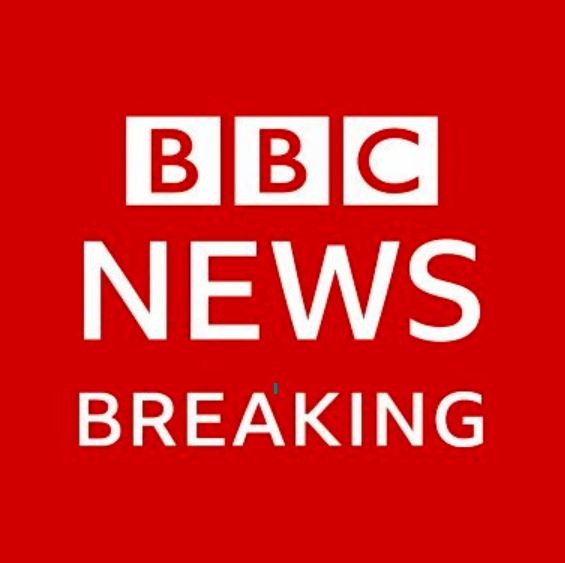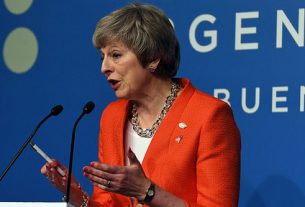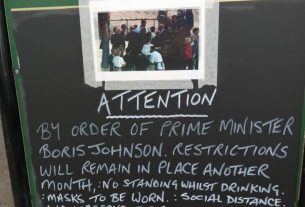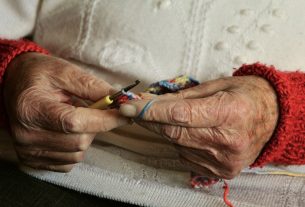How can the BBC claim impartiality when it won’t broadcast one of David Attenborough’s programmes about the British Isles because of fears it will upset right-wing Tory MPs and fossil fuel companies?
In fact, how can the BBC claim impartiality at all given how it’s been so extensively infiltrated by Tories?
The shambles that is the Gary Lineker saga is a desperate last throw of the dice by a flailing Conservative government desperate to stay in power – ie. in charge of the public purse strings – despite the damage it has caused the country.
While solidarity with Lineker and the resulting mini-strike by presenters and pundits in support of their colleague has caused mass disruption to the service paid for by BBC licence payers, the scab that is BBC impartiality has not just been picked, it’s been ripped right off. And it has put the question of BBC impartiality under a spotlight brighter even than Mastermind’s.
News that BBC executives have withdrawn an episode of David Attenborough’s latest series from broadcast “over fears it may upset right wingers” (as reported by the Guardian) has been overshadowed by the debacle surrounding the sports presenter. The offending episode – about the destruction caused to British wildlife – will only be available online, via the BBC iPlayer. The BBC claim this was always the plan, despite “senior sources” at the broadcaster telling the Guardian the decision “was made to fend off potential critique from the political right.”
The timing could not be worse, coming as it does in the midst of the Lineker storm and raising a flurry of questions over the BBC’s claims to be balanced, neutral and fair.
For example, how can the BBC be impartial when its chairman Richard Sharp is a Tory donor who has given over £400,000 to the Conservative party? Sharp – who “incidentally” was Rishi Sunak’s boss at Goldman Sachs – didn’t reveal the help he gave to Boris Johnson to secure an £800,000 loan before he was appointed chairman, by Johnson. (Also raising a question as to why the prime minister of the UK – who is handsomely looked after by the tax-payer (and his numerous (and very generous) donors) – needs an £800,000 loan?)
Sharp is chairman of the BBC board that appoints the executives who decide on BBC content and output – the programmes watched and the news digested. It is the content that sets the agenda. It shapes, informs and maintains opinion. Because, like it or not, the BBC directs so much of the nation’s conversation. It sets the tone of the debate. It pushes the news and decides what issues are raised and which voices are heard. More importantly, it decides how a story is told, which by consequence cand determine what a country thinks.
Deciding on all this are BBC executives. The most senior of whom is Tim Davie, the director general (DG) who took the decision to suspend Lineker from presenting its flagship Match of the Day programme at the weekend.
Like chairman Sharp, DG Davie’s impartiality has been questioned given he twice stood, unsuccessfully, for election as a Tory candidate as well as being chairman of Hammersmith and Fulham Conservatives.
When its chairman and director general are dyed-in-the-wool true-blue Tories, BBC claims to be impartial ring hollow. Especially when it moves to censor its highest paid star for tweeting their opinion about the inflammatory language used by this Conservative government over immigration.
If Lineker was taken-off air for that then why has Lord Alan Sugar, star of BBC One’s long running The Apprentice, never been censored or warned about expressing his political opinions on Twitter. While Lineker earned his ban for comparing, justifiably in the eyes of many, the dangerous language used by ministers to that used in 1930s Germany, Sugar evaded censure despite retweeting a mocked-up photo of Jeremy Corbyn sitting next to Adolf Hitler. It was the same outcome when Sugar explicitly told his followers to vote Tory – ie. no action taken by the “impartial” BBC.
The same is so for Andrew Neil, who until recently was the BBC’s highest profile political presenter. As everyone paying attention is now aware, BBC news and politics presenters and staff have a far higher bar set than its sports and entertainment talent, when it comes to expressing political views. Except that didn’t ever really seem to apply to Neil, chairman of the right-wing Spectator group who was never shy in giving his political opinions, even when hosting the BBC’s biggest political shows.
Neil is far from alone in having a prominent position at the BBC despite clear Tory leanings. Perceived bias by the corporation’s former political editor Laura Kuenssberg dogged her later years in the role while her predecessor in the job, Nick Robinson – a current presenter on BBC Radio 4’s Today programme and host of Political Thinking – is a former national chairman of the Young Conservatives.
He was clearly the best man, or woman (or “them”) then to host the BBC’s crucial 2019 election head-to-head debate between Corbyn and Boris Johnson – especially after Robinson sparked a row in 2017 for criticising Corbyn during a campaign speech.
Similar claims of bias surround the host of Question Time Fiona Bruce who caused outrage during last week’s episode by appearing to equivocate on the domestic abuse committed by Stanley Johnson, father of Boris, who broke his wife’s nose. “Only the once”, Bruce quickly chipped in, despite evidence to the contrary and Johnson Snr’s suffering wife’s statement that she was beaten repeatedly.
Bruce, a former Newsnight presenter, is married to Nigel Sharrocks, the CEO of Carat Global Management which won a £3.9 million contract from the Treasury to advertise government policies. Conflict of interest anyone?
A question also asked about Allegra Stratton, who – before becoming Downing Street press secretary and sacked for laughing about illegal lockdown parties held in Downing Street -was the political editor for BBC’s Newsnight programme (from 2012-2015). When she married James Forsyth, the political editor of the Spectator, Rishi Sunak was the best man. And they – the Sunaks and Stratton/Forsyths – are godparents to each other’s children.
It’s not just the links of its presenters to the Conservatives that diminish the BBC’s claims of impartiality, bias in its political and news coverage has also been called out.
Juts one example being the editing out of the mass booing that greeted Boris Johnson when he arrived at St Paul’s Cathedral for the Queen’s platinum jubilee thanksgiving service.
The Lineker saga – and cancelling of Attenborough’s programme – has exposed the lie of BBC impartiality while plummeting the broadcaster into chaos causing disruption for its millions of viewers and listeners.
But then, isn’t that what we’ve come to expect when Tories are in control of anything?




